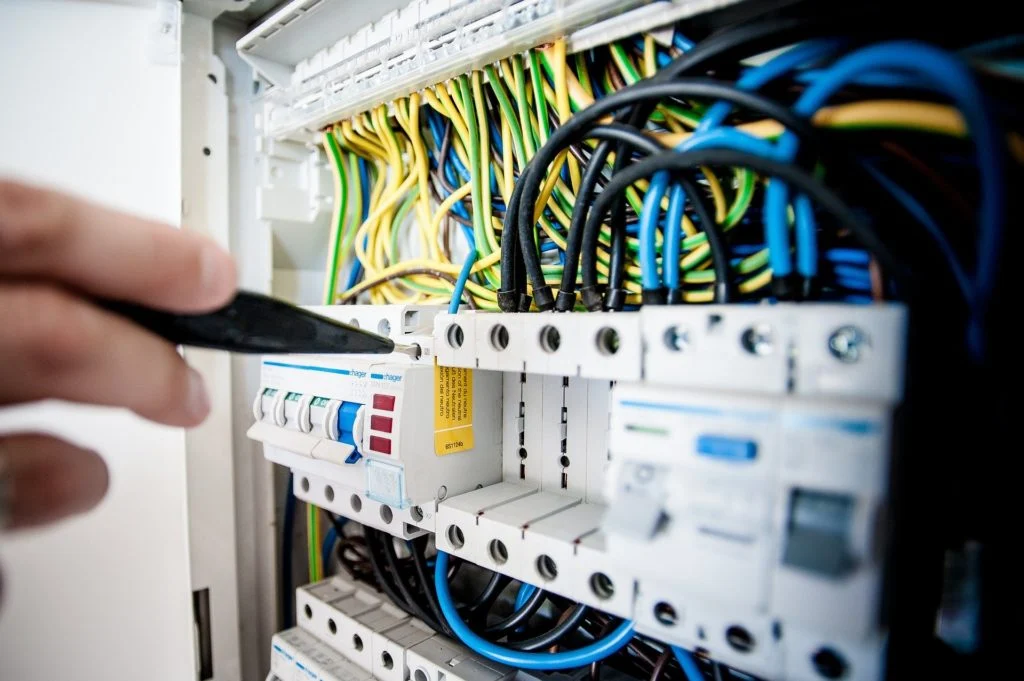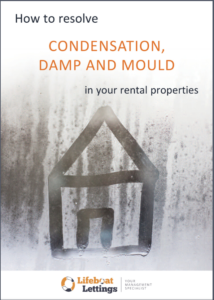
Repairs and maintenance services supplier Fixflo has recently warned landlords of a surge in demand for Electrical Installation Condition Reports (EICRs) in the coming years. This is based on analysing data from all EICRs conducted to date in private rented sector property since legislation was introduced. Because many EICRs were conducted during a short timeframe in response to the introduction of this legislation, there is a concern that there might be a shortage of skilled electricians to conduct them when they are due for renewal.
Analysing this data it’s apparent that nearly half of renewals will be due in 2026, and just over one-third will be due in 2025.
Fixflo is advising agents and landlords to organise their EICRs to be carried out next year, even if they aren’t due until 2025 or 2026. The rational for this is that in an industry already affected by shortages, these increases in demand could put further strain on contractors, leading to higher prices and lower availability during the busiest periods.
What is an EICR and as a landlord should I be concerned about this?
Electrical Installation Condition Reports (EICRs) are crucial for ensuring the safety and compliance of rental properties in the UK. These reports provide landlords and tenants with a detailed assessment of the electrical installations within a property, highlighting any potential hazards or defects.
In the UK, landlords are legally required to ensure that their rental properties meet certain safety standards, including those related to electrical installations. EICRs play a vital role in fulfilling this obligation by identifying any issues that could pose a risk to occupants.
By conducting regular EICRs, landlords can address any problems promptly, reducing the likelihood of electrical faults causing harm to tenants or property damage. Additionally, EICRs provide peace of mind to both landlords and tenants, demonstrating a commitment to maintaining a safe living environment.
Failure to comply with electrical safety regulations can result in serious consequences for landlords, including fines and legal action. Therefore, EICRs are not only important for ensuring the well-being of tenants but also for protecting landlords from potential liability.
In summary, Electrical Installation Condition Reports are essential for UK rental properties to uphold safety standards, comply with regulations, and safeguard the interests of both landlords and tenants.
Our advice to landlords.
It is obviously critically important that landlords manage their maintenance strategically, and in particular their compliance maintenance and certificates, to avoid being non-compliant and having to leave their property empty. However, in approaching their maintenance in a staged and properly planned fashion, we think that most shortages in resources can be overcome. Using our dedicated maintenance service Lifeboat Maintenance, we can help landlords plan and complete their maintenance in a timely and cost-effective manner. Here are some tips on how landlords can best manage their preventative and compliance maintenance – including EICRs:
Regular Inspections:
Conduct routine inspections to identify maintenance issues early on, preventing them from escalating into costly repairs. By regularly inspecting the property, landlords can catch problems like leaks, structural issues, or appliance malfunctions before they worsen, saving both time and money in the long run.
Prioritise Tasks:
Categorise maintenance requests based on urgency and importance. Attend to critical issues promptly to ensure tenant satisfaction and property integrity. Prioritising tasks helps landlords manage their time effectively and address pressing concerns swiftly, reducing the risk of tenant dissatisfaction and potential property damage.
Establish Clear Communication:
Maintain open lines of communication with tenants for reporting maintenance problems. Utilise digital platforms or apps for streamlined reporting and tracking. Clear communication channels ensure that tenants feel heard and valued, leading to quicker resolution of maintenance issues and fostering positive landlord-tenant relationships.
Proactive Maintenance:
Implement a proactive maintenance schedule for essential systems such as HVAC, plumbing, and electrical to prevent breakdowns and extend their lifespan. Regular maintenance helps identify potential problems early, minimising the likelihood of costly repairs and disruptions for tenants.
Document Everything:
Keep detailed records of all maintenance activities, including repairs, inspections, and communications. Documentation serves as a reference for future maintenance needs and can be valuable for legal or insurance purposes, ensuring accountability and transparency in property management.
Do you have rental properties in Kent and need help organising your EICR or any other regular maintenance? Get in touch with us and we can help.




